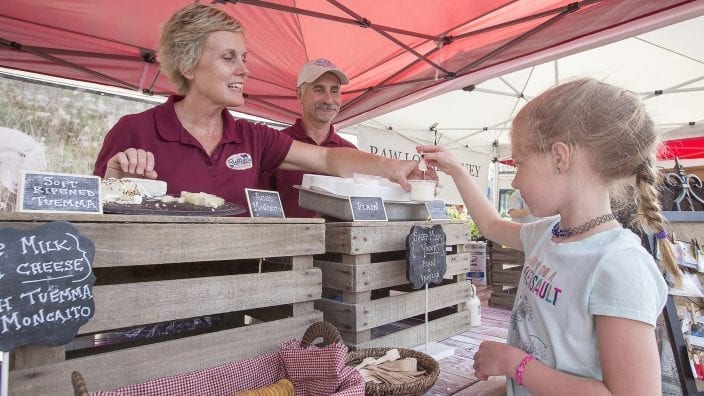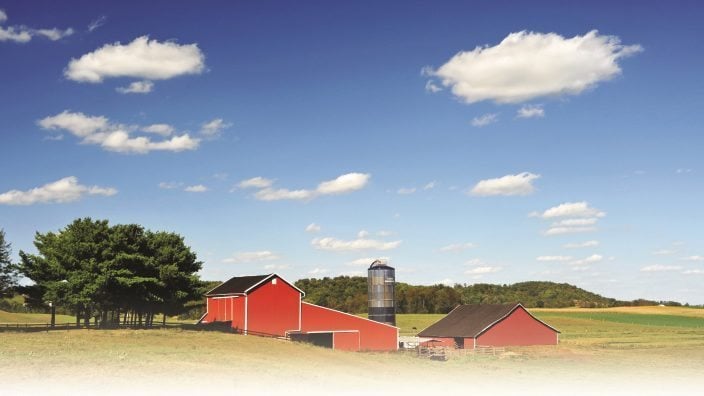Farmer’s Guide to Trucking Regulations available to Ohio Farm Bureau members
The guide includes a farm driver checklist, overview of state and federal regulations and exemptions, CDL qualifications and more.
Read More
Our attention is pulled in a lot of different directions; and that is especially true in our busy seasons. Finding time to talk to your family about the future of the farm may be difficult. You also may be uncomfortable with the thought of selling your farm or handing over control to family members.
Just as you plan every spring so that your farm can have a successful year; you should consider planning long-term so your farm can be successful for years to come. Developing a solid transition plan for your farming business will help ensure that your family’s wishes are met, and emotional stress is minimized.
Here are a few things you should know about transition planning:
It’s important to enlist the help of qualified professionals who don’t have a stake in the final decisions. They can help you make sound, unbiased decisions for your farm estate. Qualified professionals may include your banker, your accountant, your personal attorney or a financial or estate planner who specializes in farm estate planning. If you have questions about transition planning or would like help in finding a qualified professional to speak with, contact the Nationwide Land As Your Legacy team via email, or toll-free at 855-529-2729.


The guide includes a farm driver checklist, overview of state and federal regulations and exemptions, CDL qualifications and more.
Read More


Ohio Farm Bureau provides opportunities, platforms and resources to help you develop your voice in the industry and give farmers a seat at the table with leaders and legislators.
Read More

The emergency fuel waiver to allow the sale of summer gasoline blends containing 15% ethanol will lengthen the period during which Americans can continue buying E15 from June 1 to Sept. 15.
Read More

The Small-Scale Food Business Guide covers federal and state regulations for selling food products such as raw meat, dairy, eggs, baked goods, cottage foods, fruits and vegetables, honey and more.
Read More

New resources and technology are broadening the different types of sales tools and strategies available to farmers.
Read More

ODA will enroll 500,000 acres into the program for a two-week sign-up period, beginning April 22, 2024, through May 6, 2024. Contact local SWCD offices to apply.
Read More

Katie Share of Columbus has been named ExploreAg and Youth Development Specialist for Ohio Farm Bureau.
Read More

Mary Klopfenstein of Delphos has been named Young Ag Professional and Ag Literacy Program Specialist for Ohio Farm Bureau.
Read More

The plan has been updated to give sole proprietors access to more rate stability and a smart solution that offers potential savings on health care.
Read More

The American Farm Bureau Federation, in partnership with Farm Credit, is seeking entrepreneurs to apply online by June 15 for the 2025 Farm Bureau Ag Innovation Challenge.
Read More